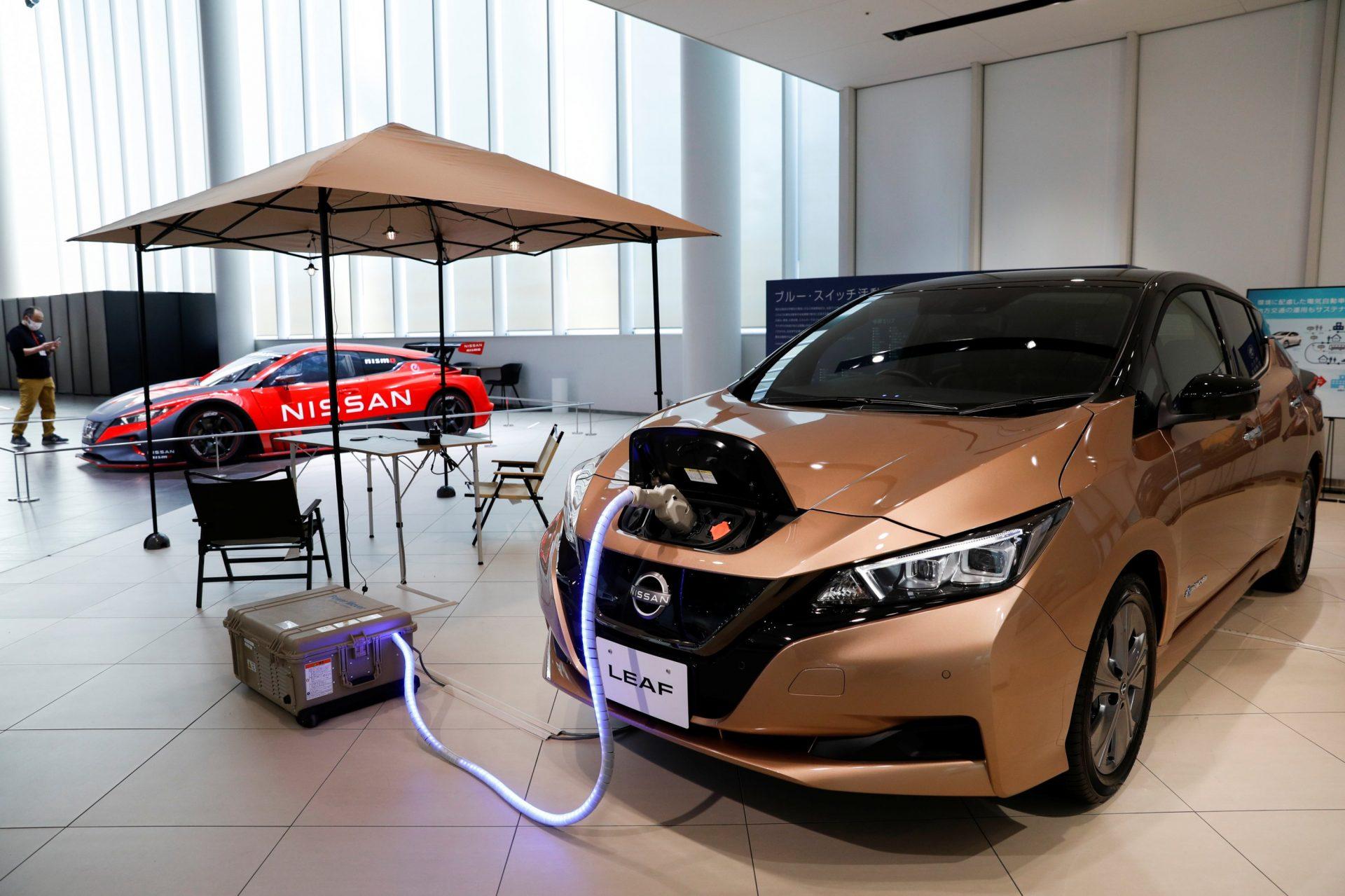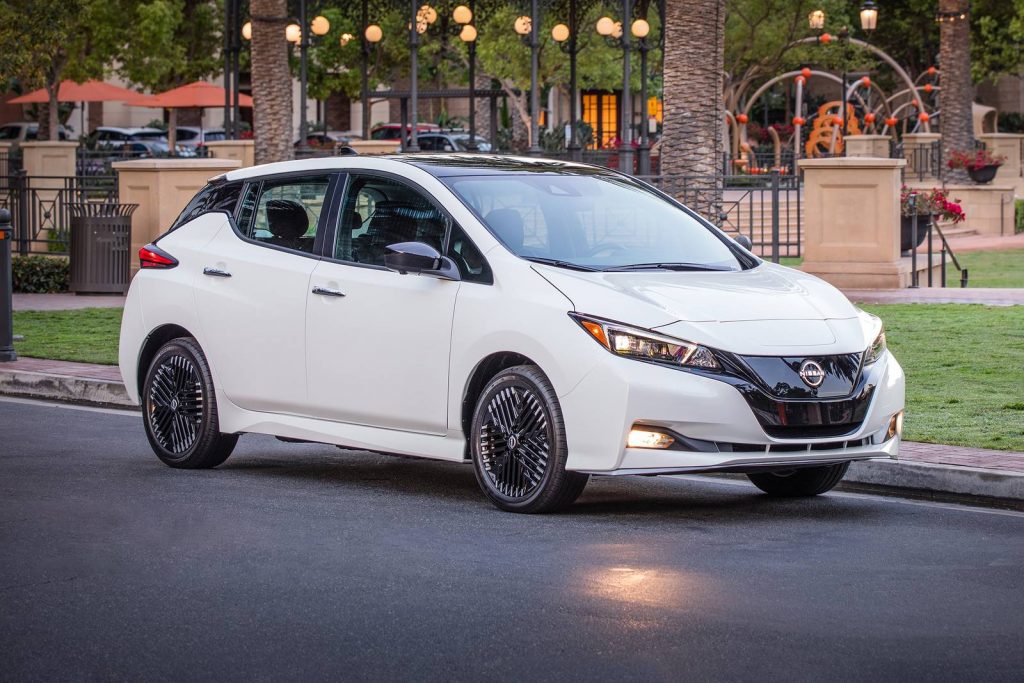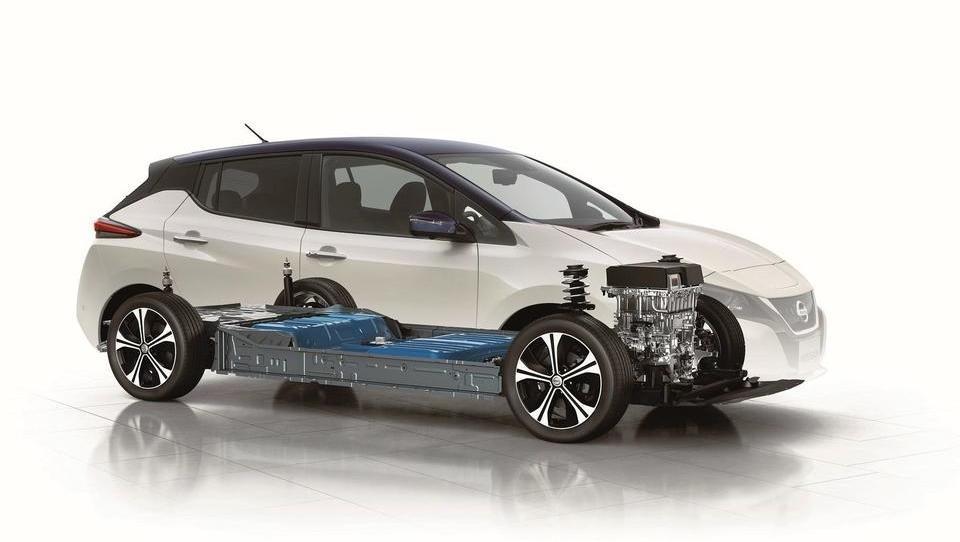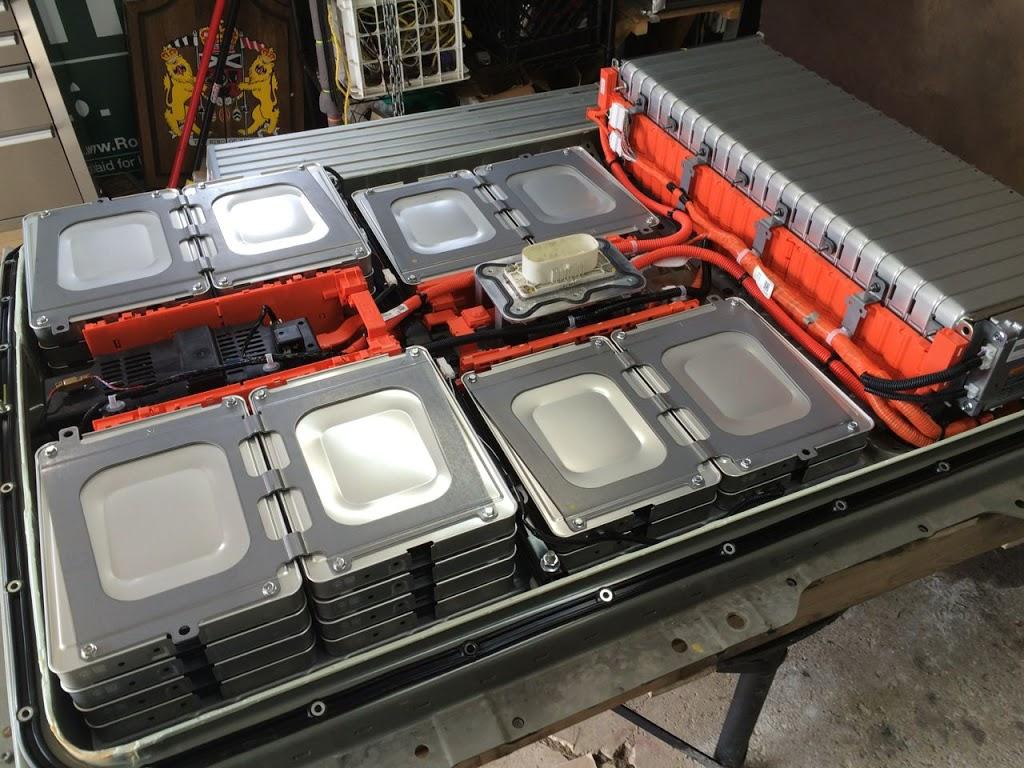How Many Years Will a Nissan Leaf Battery Last?
By Chris Thatcher
Updated Feb 18, 2024

For those of you who are not quite aware of what a Nissan Leaf was and when it was built, well this article covers all the necessary information about the vehicle. Nissan Leaf dates back to 2011 when it was first produced on a mass production scale as an all-electric car. The production of this specific model ended in 2017, however, it is still one of the most popular models that Nissan has to offer. It was and still is a 5-door lift-back hatchback that was designed for the markets of Europe, the United States, Japan, China, and Australia.
Table of Contents
Nissan Leaf featured a small car battery pack with a limited range of 84 miles which is technically quite less compared to some of the high-end EV models that are available in the market these days. Nevertheless, it was and is one of the most fuel-efficient cars with a combined range of 99 MPG. It also had quite a good acceleration rate for its time, taking only about 9 seconds to go from 0-60 mph.
Now that we have provided you with some necessary information about the Nissan Leaf, it's time to answer the question, "How many years will a Nissan Leaf battery last?"
Technically this was the answer that you were seeking and it's how you've come across this article so we are going to help you with that.
READ: What Voltage Do Electric Vehicles Run On?
How Many Years Will a Nissan Leaf Battery Last?

If you're eager to know the answer, then here it is.
The initial model of the Nissan Leaf battery electric vehicle featured a 24 or 30-kWh battery which could last from 100,000-150,000 miles at its best. However, as technology advanced and more electric vehicles came into the market, Nissan decided to change its strategy a bit.
In 2016, the company announced that it would offer a 40 kWh which significantly exceeded the 66-kWh battery in the present time holding the capacity to easily last up to 200,000-300,000 miles. Batteries tend to degenerate with time so we can expect almost 10 to 15 years.
Then you would pretty much require a battery replacement. You can get one of those by visiting Nissan's battery replacement guide. It has all the information that you need to know about replacing a battery for your Nissan Leaf.
How Many Miles Can You Expect From Nissan Leaf to Cover?
You can easily expect Nissan Leaf to cover a good distance as per the latest battery upgrades. However, as far as the total mileage of the vehicle is concerned, you can get a maximum mileage of as up much as up to:
- The first generation Nissan Leaf featured a 24 kWh battery which had a maximum range of up to 84 miles easy.
- Whereas, the 2016 model which featured a 30 kWh battery had a range that exceeded up to 107 miles.
- The present model features a 62 kWh battery that gives it a range of up to 226 miles maximum.
The battery units are shown in bars within the Nissan Leaf car models. The greater the number of bars, the better would be the vehicle's performance. On average, a Nissan Leaf comes with 12-bar health status. If it goes down to eight and does not exceed any further, then it's a clear indication that your car's battery is about to die off and is in dire need of replacement.
The Nissan Leaf features a battery electric vehicle and just like any other BEV, its performance also degrades with time. However, with regular maintenance and care, you can easily expect your Nissan Leaf to last long and perform well.
READ: How Much Does It Cost To Replace A Battery In An Electric Car
Does The Nissan Leaf Get Rusty Overtime?

If there's a fairly common problem that is often experienced with the Nissan Leaf vehicle, it's the front strut towers that often experience the rust build-up problem.
Water tends to collect in the area where the front strut tower and the firewall meet. Over time, this water can cause the area to start rusting.
One way many Nissan Leaf car owners prevent rusting from happening is by placing a rubber or plastic mat on the firewall. This way, any water that does manage to get into the area will not have direct contact with the metal and will not cause any further issues.
If you do notice that your Nissan Leaf has started to rust, then you should take it to a mechanic as soon as possible.
Another area that can easily find rust build-up taking place is none other than the brake rotors. They are often located in a place where they are constantly exposed to water and salt. This can cause them to start rusting over time.
If you are living in an area where there's more exposure to road salt, then it's highly likely that your Nissan Leaf's brake rotors will start rusting sooner than later.
READ: What Problems Do Electric Cars Have?
Some Useful Tips to Protect Your Nissan Leaf Vehicle From Rusting

Well here are a few things that you can do to avoid your Nissan Leaf Vehicle from rusting.
Regularly wash your vehicle & dry different areas of the car: This will help you get rid of any dirt or grime that might be present on the surface. Also, make sure to dry different areas of the car completely so that no water is left behind which can cause rusting later on.
Wax your car: This will help create a layer of protection on the surface of your vehicle.
Use rust-resistant products: You can find many good rust-resistant products in the market which can help you protect different areas of your vehicle from rusting.
Keep your car in a garage: This is one of the best ways to protect your car from rusting. If you don't have a garage, then you can also use a car cover to keep it well protected from the harmful harsh weather elements.
Concluding Thoughts
If you're thinking of making the switch to electric or are just curious about how long those batteries will last, keep reading. We'll go over everything you need to know about Nissan Leaf battery life and what to expect when it comes time for a replacement.
